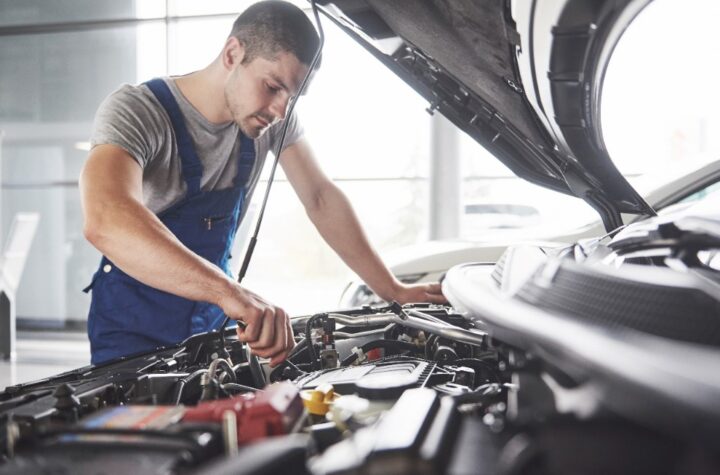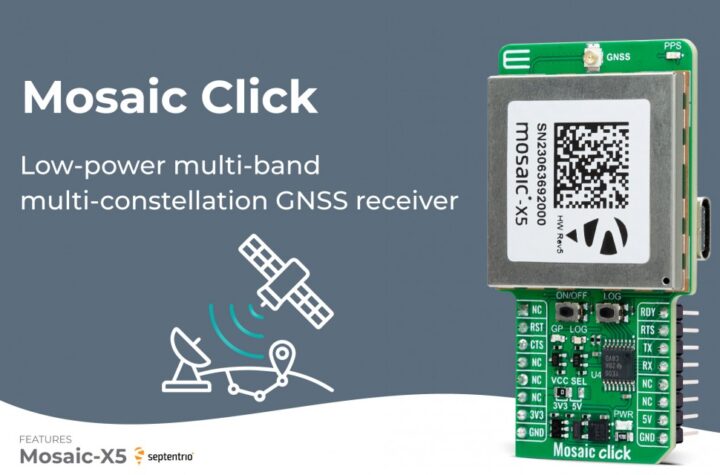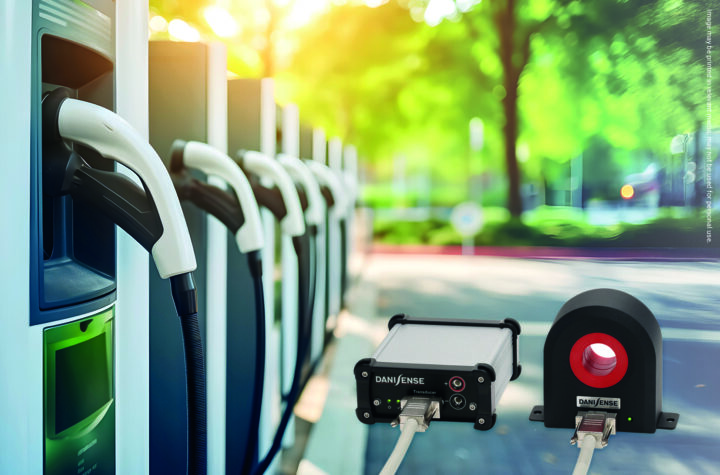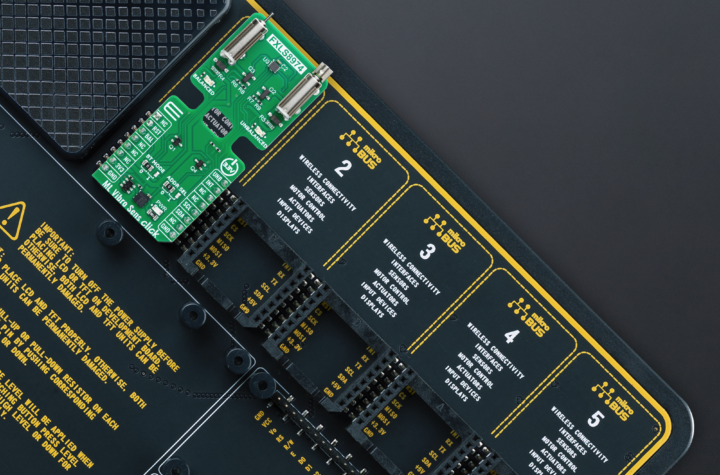

A five-year boom in automotive investments has put Morocco on track as a leading destination for automotive investments.
They are led by a billion euro Renault plant in Tangier, which is assembling the new Dacia Lodgy, and the utility vehicle Dacia Dokker. Current capacity is 170,000 vehicles, with the potential to grow to 400,000 units a year.
In a testimonial posted on the Moroccan Investment Development Agency (AMDI) website, Jacques Chauvet Leader of the Management Committee of the Euromed Region at Renault says: “The decision to install the Renault project at Tanger Med in Morocco was based on several factors: prospects related to the automotive sector in Morocco with a rapid growing equipment rate and an attractive domestic market; the wide trade zone to which Morocco provides access because of its geographical proximity to several European and African countries and opportunities offered by the Agadir Agreement; and good infrastructure conditions through primarily the Tangier Med port and the dedication of space to the exportation of Renault vehicles.”
Automotive Industries (AI) asked Adil Chikhi, Development Director, Moroccan Investment Development Agency (AMDI), what Morocco offers automotive suppliers.
Chikhi: Morocco is an ideal base from which to supply car manufacturers. There is already a market in the form of a major Renault car production plant with expected capacity of 400,000 vehicles a year. More than 40 Tier 1 and Tier 2 manufacturers are already established in Morocco. The country is geographically well
situated – their market includes 27 assembly plants in the region – all within a 48 hour delivery window. Morocco also offers access to a market of a billion customers free of any custom fees thanks to 55 free trade agreements signed with the EU, the USA and Arab countries.
AI: Tell us a little about automotive investments by major OEMs – after Renault, are there any other big ticket investments on the horizon?
Chikhi: Morocco could be considered as potential destination for all major automotive OEMs. We are in constant and advanced talks with certain car manufacturers. The development of Renault’s project and its second phase will attract other OEMs.
AI: What makes Morocco an ideal destination for automotive invest¬ments?
Chikhi: Agencies such as AMDI are here to help investments from the auto¬motive sector. Investment is supported through free trade zones, or dedicated industrial parks, combined with road, rail and sea links to the major markets in the region. Add to that the availability of skilled labor, fiscal incentives and the support of banks and financial institutions. Advanced services such as engineering, logistics, and r ecycling are also of fered.
AI: Tell us about the free trade zones such as the Tanger Free Zone – what makes them good investment destinations?
Chikhi: The Moroccan free zones offer an ideal environment for project development with regards to the presence of the potential suppliers, customers and partners that evolve under the same conditions. A free zone is an Export Processing Zone, determined from the customs territory where industrial activities and services are tax exempt – subject to certain conditions.
For example, income generated by operations located within the export free zones enjoys full corporate tax exemption during the first five years from the commencement of operations. It is then taxed at 8,75% rate for the next 20 years.
AI: What about infrastructure and services?
Chikhi: Real estate is packaged to fit the needs of investors in terms of deployment and implementation of an industrial platform. Options include:
– Rental / sale of vacant land,
– Rental / sale of buildings ready for use,
– Rental / allocation of space and office floors
– Rental / sale of bespoke buildings.
AI: What makes the Tanger Free Zone (TFZ) geographically an ideal location for automotive manufacturers?
Chikhi: TFZ, which is just 20 km from the port of Tanger, was voted the best port zone as well as the sixth best overall free zone by the FDI magazine in 2012. Tanger Automotive City is intended to be the home of Automotive OEMs in Morocco. It is part of the development of the existing industrial cluster that welcomes more than 40 tier 1 & 2 automotive suppliers covering the value chain (wiring, stamping, plastic injection) in addition to Renault’s 400,000 vehicles per year capacity plant.
TFZ also offers major advantages for global players: exceptional geographical position, access to regional market with direct vicinity (27 assembly sites in less than 48 hours transit time), outstanding infrastructures meeting international standards, and attractive fiscal incentives.
AI: What are some of the government incentives for automotive investments?
Chikhi: Morocco’s strategy as far as the automotive sector is concerned revolves around boosting investments from automotive suppliers who are looking to invest in low-cost countries. In addition, the country wants to establish itself as a manufacturer of specialty vehicles such as trucks, buses and coaches. This includes attractive incentives such as a 5-year corporate tax exemption for automotive companies setting up shop in the country. The government offers aid worth up to 15% (the Hassan II Fund) of the total investment to help automotive facilities set up. The government also has set in place training programs tailored to the needs of the automotive sector.















More Stories
Mosaic Click board from MIKROE delivers global coverage multi-band and multi-constellation tracking ability
Current transducer from Danisense selected for DC charging station testing device demonstrator at TU Graz
New Click board from MIKROE helps develop and train ML models for vibration analysis